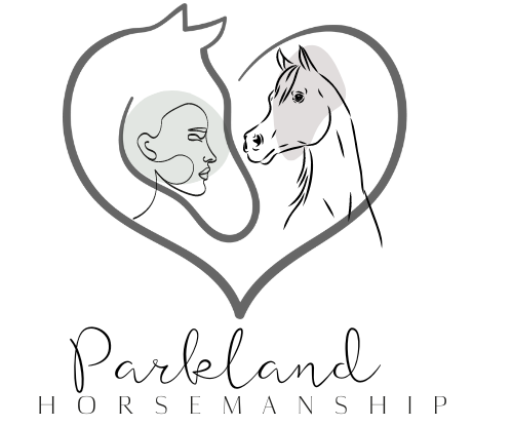Horses have long been associated with humanity. Through participants’ narrated experiences in a time-limited session, we may gain insight into whether human-horse interactions fulfill all four features of an attachment bond – proximity maintenance, safe haven, secure base, and separation distress.
Horses proved an attraction for adolescents, providing an outlet for self-reflection. Furthermore, Pierce’s “therapeutically powerful activity” criteria of intactness and uniqueness were satisfied by these horses.
Emotional Support
Humans participating in equine-assisted activities for physical therapy or psychological counseling receive emotional support from the horses they work with and gain confidence and self-esteem as they learn new skills such as grooming or riding. Furthermore, the bond that forms between horse and human stimulates the release of oxytocin (the feel-good hormone).
Horses’ nonjudgmental nature and ability to respond to human behavior helps people become aware of their emotions, leading them to regulate them more effectively. Addiction counselors use horses as an aid in helping their clients identify feelings such as anger. Clients recovering from trauma or abuse often struggle to identify their emotions accurately.
At a residential mental health agency, adolescents were paired with therapy horses for 10 weeks of grooming sessions. During these interactions, the therapy horses displayed more affiliative behaviors toward adolescents with insecure attachment styles (AS). Furthermore, they displayed less avoidance behavior and reduced variability in heart rate during this interaction.
Physical Support
Horses provide the ideal platform for therapeutic activities like grooming and riding that encourage the production of oxytocin – the bonding hormone – which helps calm nervous systems, reduce anxiety, and promote a sense of safety in users.
At one qualitative research project, participants’ narrative experiences with horses incorporated the four typical features of an attachment relationship: proximity maintenance, safe haven, secure base, and separation distress. This indicates that horses can serve as motivational environments in early stages of therapeutic or care processes as well as establish positive first impressions for participants.
Trust has been damaged through various life experiences; for those experiencing such traumas it may be therapeutic to form it with an animal that doesn’t judge or react to their emotional state – this lesson can then be applied in relationships with people. Furthermore, learning to be trusted by large prey animals helps rebuild self-worth and rebuild trust between people.
Social Support
Therapeutic work with horses such as equine assisted psychotherapy and hippotherapy use their herd-like instinct to form bonds as an instrument of healing, making it easier for clients to practice forming healthy relationships and developing interpersonal skills in a safe setting.
Horses are prey animals that respond strongly to human emotions. Their mirroring human body language and reacting to energy signals help individuals gain insight into their physical and emotional states.
Therapy horses’ reactions to adolescents engaging in grooming or riding activities could have serious repercussions for their welfare and safety around horses [6,22]. This study seeks to investigate how an insecure attachment style affects horse heart rate (HR) and behavior while participating in EAA. Findings suggest identifying risk factors associated with insecure AS may improve EAA quality while decreasing safety concerns around horses [6,22]. Positive outcomes also provide an incentive to explore other forms of therapeutic connection between people and other animals or people and horses [6,22].
Mental Support
Horses offer therapeutic bond to help clients address mental wellbeing issues like anger management, trust building, anxiety reduction and communication difficulties. Horse therapy may also assist those struggling to remain focused during traditional therapy methods.
Horses offer clients with post-traumatic stress disorder (PTSD) an environment to practice requesting relational connection from others without feeling rejection, as they don’t judge people based on past experiences, socioeconomic status or any other factor which might enact judgment.
Horses respond in ways that don’t directly contradict what their clients are telling them, preventing them from acting calm when in reality they are anxious or fearful. Equine-Facilitated Psychotherapy should only be attempted under professional guidance who specialize in both psychology and the physiology of horses and humans with an emphasis on trauma informed care.

